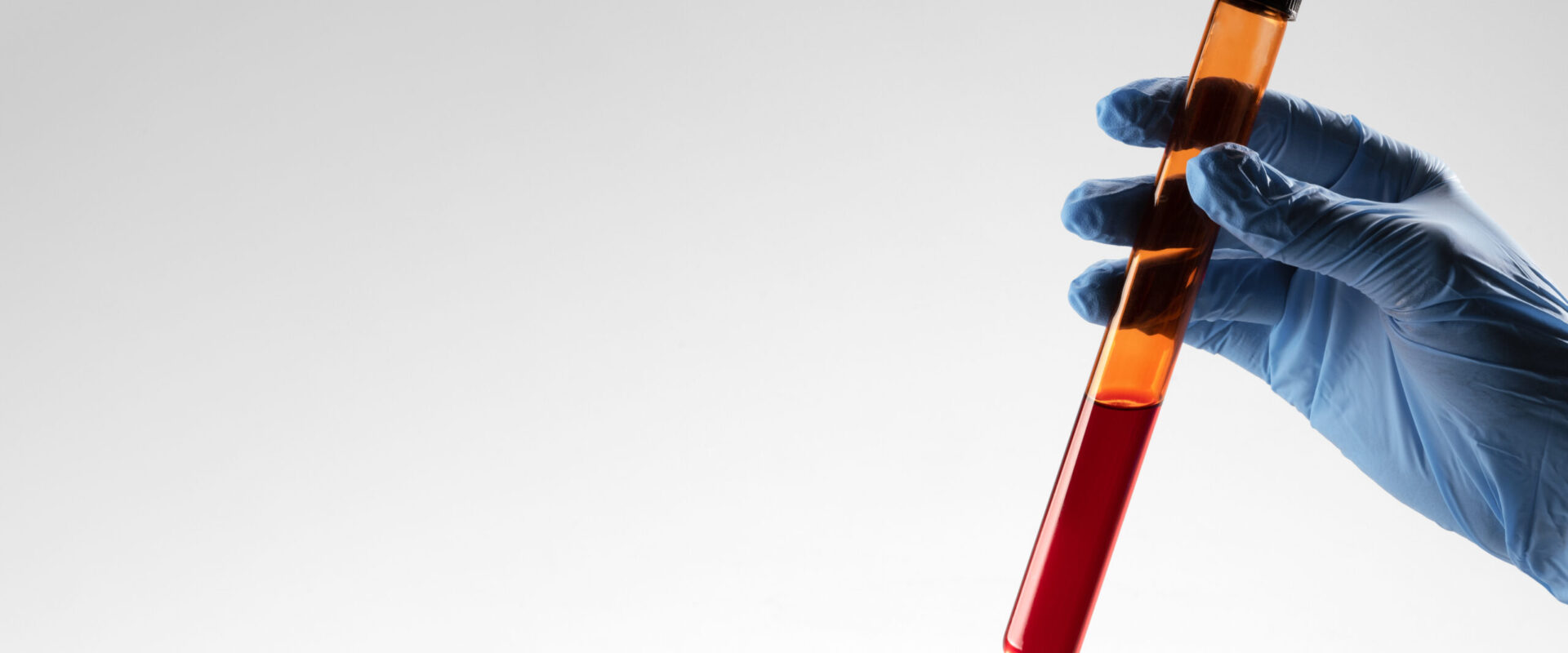Conclusive report by Biosafe, ordered by Accelerate Estonia, ÄIO & Gelatex
Background
Navigating through the countless regulations in the novel foods sector can prove time-consuming and challenging for many companies. To facilitate this process, this onepager serves as a streamlined resource, providing a concise introduction to the primary regulatory frameworks governing the authorization of novel foods. Within this document, we outline the intricacies of the authorization process, clarifying the essential information required for approval and outlining the comprehensive evaluation process for novel foods. This overview aims to mitigate the complexities associated with regulatory compliance, furnishing companies with key insights into the fundamental aspects of novel food authorization in a more accessible and formal manner.
Authorisation in Europe
The European Union maintains a comprehensive regulatory framework governing the authorization of novel foods. Novel foods, defined as those not significantly consumed in the EU before May 15, 1997, undergo a meticulous premarket authorization process overseen by the European Commission and evaluated for safety by the European Food Safety Authority (EFSA).
Key regulations
The regulatory landscape is shaped by pivotal regulations, with Regulation 2015/2283 serving as the primary guideline for the authorization process. Regulation 2017/2469 specifies administrative and scientific requirements, while Article 4 of Regulation 2015/2283 outlines a consultation approach for determining novelty.
Required Information
Applicants must submit a detailed application, including information such as:
- the applicant name
- novel food name
- production process and composition
- scientific evidence of safety
- analysis methods
- proposed conditions of use and labeling
Unclear Status
In cases of unclear novel food status, business operators must confirm traditional status through a consultation process outlined in Regulation 2018/456. The Competent Authority of the applicant’s Member State provides an opinion within four months, leading to an independent authorization process if deemed novel.

Assessessment Categories
The identity of novel foods must adhere to specific requirements based on categories such as chemical substances, polymers, microorganisms, minerals, plants, animals, and engineered nanomaterials.
Evaluation Process
The comprehensive assessment includes compositional information, analytical data, stability information, nutritional significance, and safety-related data. Special cases, like microorganisms and nanomaterials, require additional safety assessment frameworks.
The EU’s regulatory framework for novel foods is robust, ensuring the safety of new products in the market. By adhering to outlined procedures and submitting thorough applications, food business operators contribute to a transparent and secure food market in the European Union.
You can view the full guide put together by Biosafe here.
You can learn more about what Accelerate Estonia is doing with ÄIO & Gelatex to speed up this process here.


